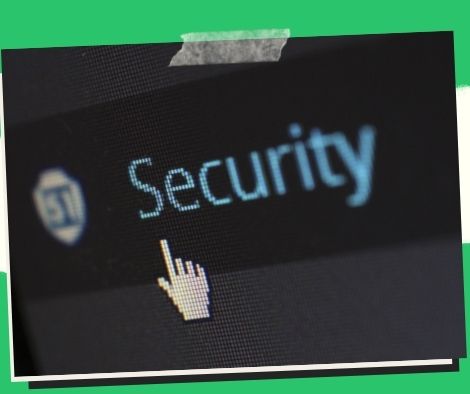
To defend ICT systems against cyberattacks, stricter laws are required.
To protect information and communications technology (ICT) systems against cyberattacks, the nation must enact stricter rules.
Senator Raffy Tulfo’s Senate Bill No. 1701, also known as the Critical Information Infrastructure Protection Act (CIIPA), will create a framework for guaranteeing the security and dependability of the nation’s digital ecosystem, which is essential to achieving the new administration’s goal of secure, seamless, and dependable digitalization and connectivity.
The bill’s explanatory note stated that the CIIPA “requires, among other things, the implementation of basic information security standards, reporting and responding to cybersecurity incidents, and designating employees with cybersecurity credentials.”
The legislation will aid in defending the nation’s ICT system against flaws, data theft, the interruption of crucial services, and other assaults.
Institutions that are part of the Critical Information Infrastructure (CII) are required to conduct an annual assessment of their information security using standards from the National Institute of Standards and Technology or the Center for Internet Security Controls.
The CII institution must develop policies, rules, and documented procedures for implementing the information security standard of their choice, and they must be submitted annually.
According to the National Economic Development Authority or the Philippine Statistics Authority, CII institutions are any government agency or private company that owns, operates, controls, and/or maintains critical information infrastructure. These operations must be nationwide in scope and/or cover metropolitan areas like Metro Manila, Metro Cebu, and Metro Davao.
Banks, broadcast media, emergency services, health care, telecommunications, and transportation are a few of these institutions.
The Philippines was placed fourth internationally in terms of the number of web dangers and 61st out of 194 nations in the Global Cybersecurity Index according to the Cost of Data Breaches Report 2022.
“Continued data breaches might cost an average of PHP250 million, with the banking, healthcare, and e-commerce industries being the most frequently targeted by hackers. Therefore, the creation of a national policy framework for the protection of digital assets, particularly key information infrastructure, is urgently needed in the Philippines, according to the bill.
Save/Share this story with QR CODE
Disclaimer
This article is for informational purposes only and does not constitute endorsement of any specific technologies or methodologies and financial advice or endorsement of any specific products or services.
 Need to get in touch?
Need to get in touch?

We appreciate your reading. 
1.) 

Your DONATION will be used to fund and maintain NEXTGENDAY.com
Subscribers in the Philippines can make donations to mobile number 0917 906 3081, thru GCash.
3.) 
4.) 
AFFILIATE PARTNERS

World Class Nutritional Supplements - Buy Highest Quality Products, Purest Most Healthy Ingredients, Direct to your Door! Up to 90% OFF.
Join LiveGood Today - A company created to satisfy the world's most demanding leaders and entrepreneurs, with the best compensation plan today.

 Business, Finance & Technology
Business, Finance & Technology





